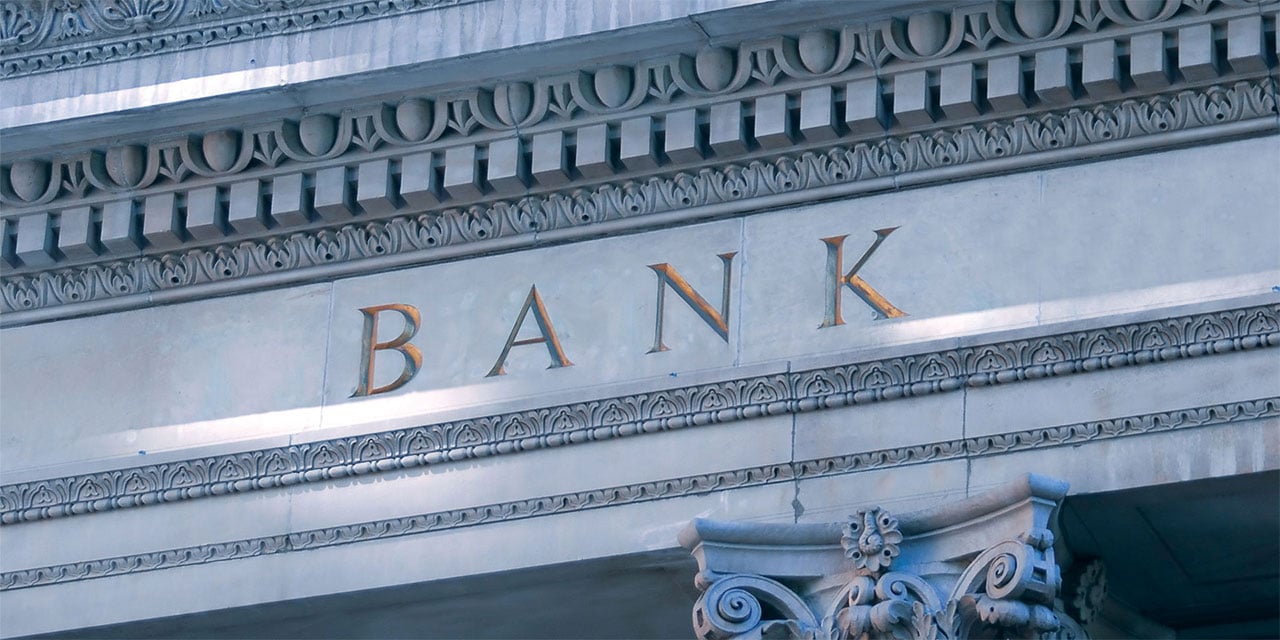Looking Beyond the Sale: The Rise of the Minority Equity Recap
Investment Banking
A sponsor-backed company exit process was traditionally straight forward – you either sold or IPO’d an asset, or you held it – but a new middle ground is emerging with the rise of minority equity recapitalizations. Financial sponsors are seeking to hold certain assets they know and love longer, and they are increasingly embracing financing and recapitalization alternatives with investment partners who can help grow such assets over a longer hold period.
Following record valuations and traditional M&A activity for sponsor-backed companies in 2021 (when aggregate exit value exceeded the prior peak by 80%), many sponsors are now giving thought to a broader suite of liquidity and capital solutions for the assets they wish to hold. This trend dovetails with today’s choppy market environment. Some sponsors simply aren’t inclined to sell an asset at a lower valuation than recent highs. Sponsors are increasingly inclined to double-down on known quantities – portfolio companies and management teams they know and like, and where they see incremental upside. For these sponsors, the question is: “Why sell an asset and compete for a new business and management team when we can hold and grow one we know well?” For sponsors who have built platform companies, the calculus is similar. Many are inclined to continue executing add-on acquisitions and building their ecosystem, especially now that acquisitions have become cheaper and arguably easier to secure than before. Each of these scenarios presents an intriguing use case for alternatives with a minority equity dimension.
So how does a minority equity recapitalization work? A sponsor sells a minority equity stake in a portfolio company, up to 50%, to a like-minded investment partner. They align on a growth strategy, partner at the board level and govern material corporate actions, including leverage, acquisitions and ultimate exit. New investors can pay up to a ‘control premium’ and structure the investment in pari-passu common stock, because they are buying a material stake and will have control-like governance. For the existing sponsor, it provides (i) material liquidity and a third-party valuation 'mark,' both critically important in a challenging fund raising environment and (ii) a partner to help financially and strategically grow the asset, while maintaining control or co-control. For the new investor, it’s an opportunity to invest in an asset that would otherwise not be available, and the existing sponsor’s equity rollover provides validation in a difficult and volatile market.
Such minority equity recaps can also be combined with other financing solutions, including:
Debt
Existing debt can be refinanced and/or expanded with a credit partner or syndicate that is more aligned with and supportive of the longer-term financing needs of the business
Structured Equity
Hybrid securities, with elements of both debt and equity, can be employed to increase ‘leverage’ beyond the constraints of traditional debt. The use cases of structured equity are diverse, and this creative capital presents a lower cost than traditional private equity capital, is less dilutive/allows an existing sponsor to maintain a higher ownership stake, and comes with minimal governance
GP*-Led Secondary/Continuation Vehicles
Continuation vehicles can be raised in conjunction with or subsequent to minority equity recaps. Despite GP-led secondaries expanding materially over the last two years and continuation vehicles maturing into a viable liquidity and duration extension tool for many sponsors and assets, the market is currently suffering from an inadequacy of buyside capital and valuation volatility makes pricing more challenging. A minority equity recap can both enable and complement a continuation vehicle, by pricing an asset and providing needed liquidity
While a traditional sale may be the best strategic outcome for certain businesses and owners, a minority equity recap presents a compelling alternative. It provides a range of strategic benefits for sponsors and can be combined with other financing tools for a comprehensive solution. To discuss these trends and how they could be relevant to your business, reach out to our Equity Capital Advisory team
*GP stands for General Partner.
Related Links

Baird Global Investment Banking’s Capital Advisory group is a team of seasoned product experts, who partner with Baird’s industry bankers and deliver innovative capital solutions for clients.
